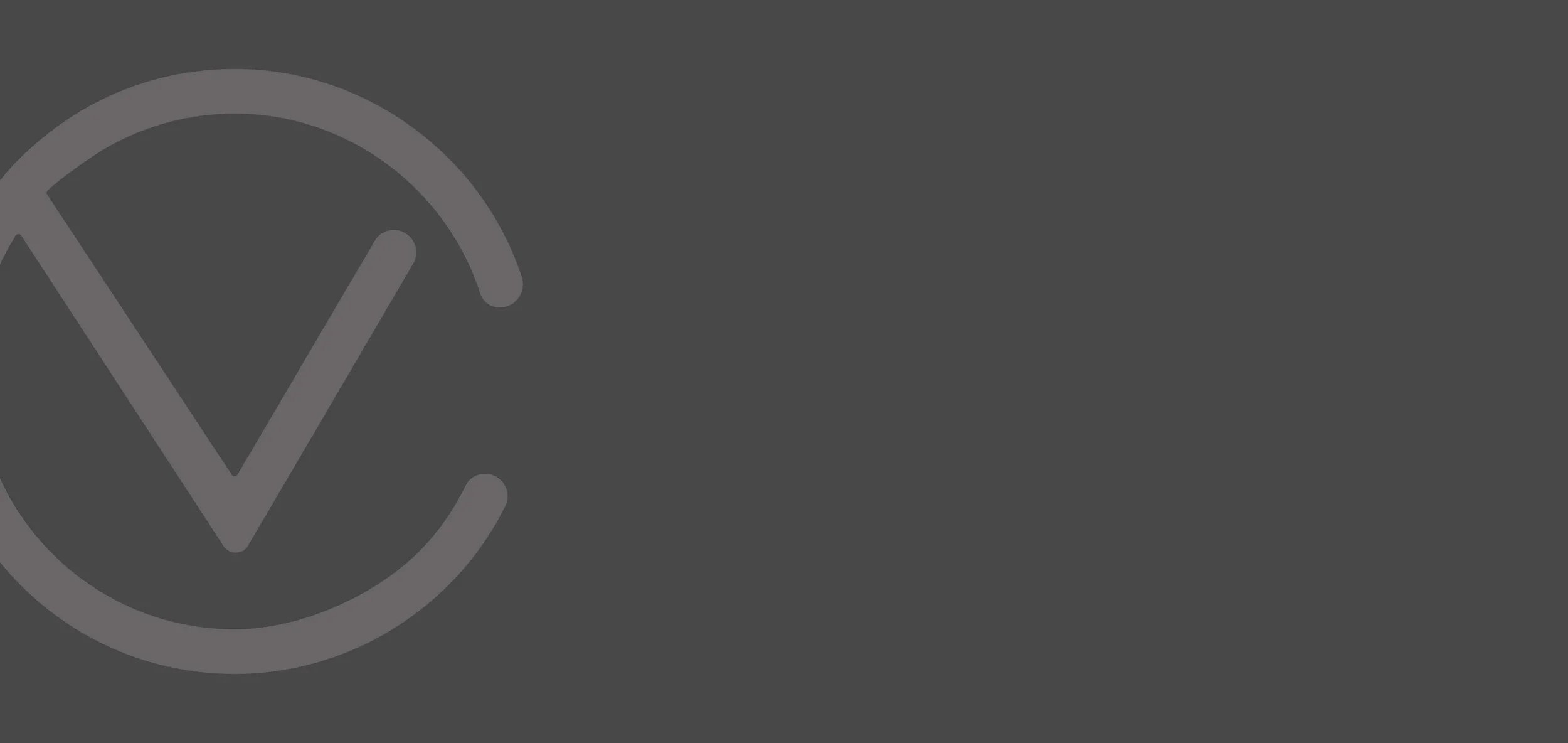
Resources for Your Healthspan Journey
We are all drowning in freely available information. The result is a new form of illiteracy. What used to be simply an inability to read or write has now become an inability to navigate the nuclear explosion of books, papers, podcasts, and documentaries. Our staff can help you navigate this suffocating online environment. In clinic, we have three educational areas meant to expose you to a bite-sized array of trusted opinions.
At The Vitality Collaborative, we believe thriving in life requires more than just treatment — it’s about building a toolkit you can return to, day after day. This page is your curated collection of insights, tools, and recovery resources to help you feel your best long after you leave the clinic.
Featured Resources
A few of our current favourites — updated regularly.
-
Podcast Episode: "The Science of Longevity"
A conversation with Dr. Peter Attia about the habits that add more good years to your life.
-
Book: “Outlive” by Dr. Peter Attia
A must-read for anyone looking to understand the science and practical steps behind extending your healthspan.
-
Article: “Mitochondria: Fundamental to Life and Health”
Pizzorno, J. (2014). Integrative Medicine (Encinitas), 13(2), 8–15.
This article explores the central role of mitochondria in human health, explaining how their function influences vitality, disease risk, and overall longevity.
Education & Learning
Expand your understanding and take action with trusted sources from experts in healthspan science.
-
"The Science of Longevity"
A conversation with Dr. Peter Attia about the habits that add more good years to your life.
ListenLifespan. The Science Behind Why We Age | Episode 1
In this episode, Dr. David Sinclair and co-host Matthew LaPlante discussed why we age. In doing so, they discuss organisms that have extreme longevity, the genes that control aging (mTOR, AMPK, Sirtuins), the role of sirtuin proteins as epigenetic regulators of aging, the process of “ex-differentiation” in which cells begin to lose their identity, and how all of this makes up the “information theory of aging”, and the difference between “biological age” and “chronological age” and how we can measure biological age through DNA methylation clocks.
ListenTED How to make stress your friend. Kelly McGonigal.
Stress. It makes your heart pound, your breathing quicken and your forehead sweat. But while stress has been made into a public health enemy, new research suggests that stress may only be bad for you if you believe that to be the case. Psychologist Kelly McGonigal urges us to see stress as a positive, and introduces us to an unsung mechanism for stress reduction: reaching out to others.
ListenYou can grow new brain cells. Here’s how. Sandrine Thuret.
Can we, as adults, grow new neurons? Neuroscientist Sandrine Thuret says that we can, and she offers research and practical advice on how we can help our brains better perform neurogenesis, improving mood, increasing memory formation and preventing the decline associated with aging along the way.
Listen
-
Mitochondria: Fundamental to Life and Health — Pizzorno, J. (2014). Integrative Medicine (Encinitas), 13(2), 8–15.
ReadExercise as First-Line Therapy in Depression — Fabiano, N. (2023). University of Ottawa Journal of Medicine, 13(S1).
ReadSauna bathing is inversely associated with dementia and Alzheimer’s disease in middle-aged Finnish men — Laukkanen, T. et al. (2017). Age and Ageing, 46(2), 245–249.
ReadEvidence-based medicine: What it is and what it isn’t — Sackett, D. L., Rosenberg, W. M., Gray, J. A., Haynes, R. B., & Richardson, W. S. (1996). BMJ, 312(7023), 71–72.
ReadThe needle effect in the relief of myofascial pain — Lewit, K. (1979). Pain, 6(1), 83–90.
Read
-
Outlive: The Science & Art of Longevity by Dr. Peter Attia
BuyWhy We Get Sick: The Hidden Epidemic at the Root of Most Chronic Disease--and How to Fight It by Benjamin
Bikman
BuySpark: The Revolutionary New Science of Exercise and the Brain. by John Ratey
BuyThe Stress Paradox: Why You Need Stress to Live Longer, Healthier, and Happier by Sharon Horesh Bergquist, MD
Buy
Tools for Recovery & Progress Tracking
Health isn’t built in the clinic alone. The Vitality Collaborative provides in-clinic and at-home tools to help you recover, recharge, and measure your progress so you can keep moving toward your goals.
-
Infrared & Red Light Sauna – Promote cellular repair and reduce inflammation.
Cold Plunge Tub – Boost recovery, resilience, and mental clarity.
Compression Boots – Improve circulation and speed up muscle recovery.
Body Composition Analysis (In-Body) – Track your muscle, fat, and water balance.
Fitness & Weight Training Area – A supportive space to build strength and movement confidence.
-
Continuous Glucose Monitors – Book a health assessment to see if a CGM is right for you and learn how to use the data to your advantage.
Home Tracking Tips – Coming soon: Cory’s quick guide to tracking HRV, sleep quality, and movement patterns.
Recommended Apps & Devices – Coming soon: A curated list of apps and devices Cory trusts for reliable, actionable data.
